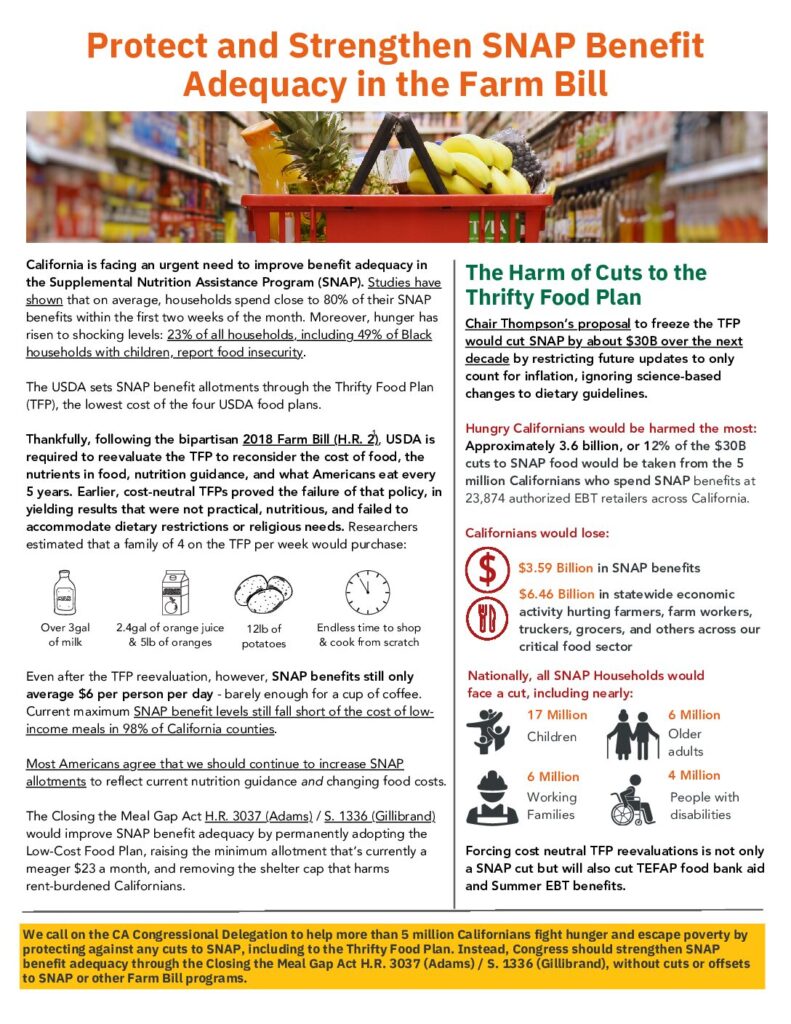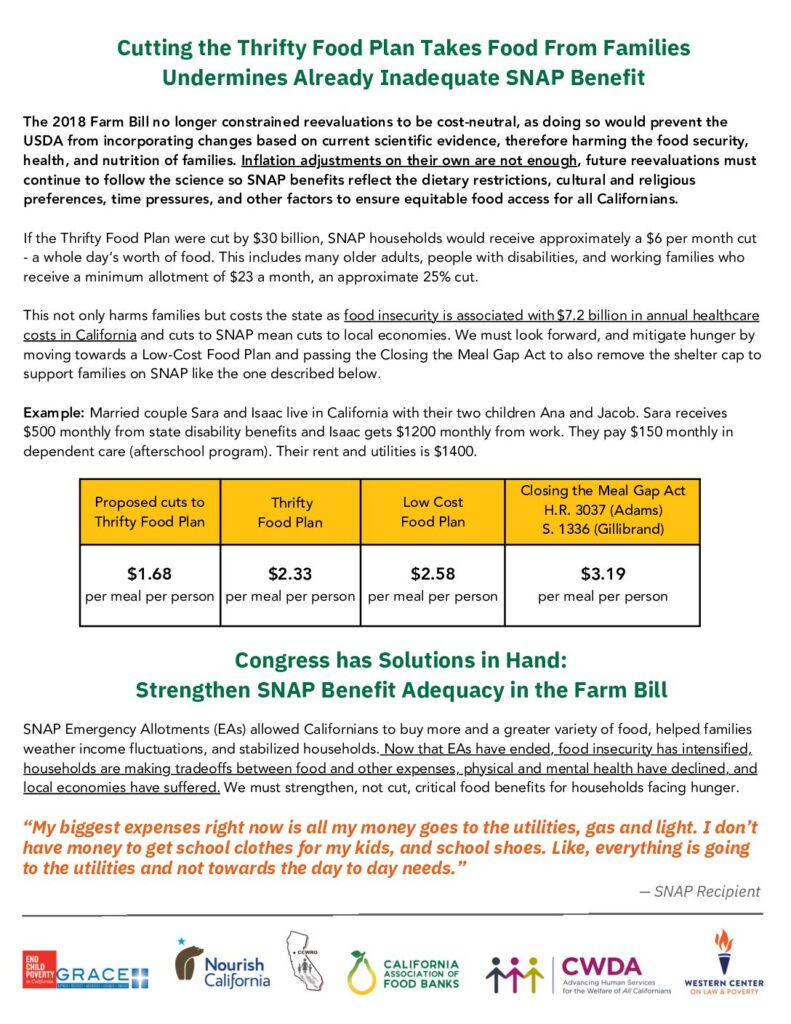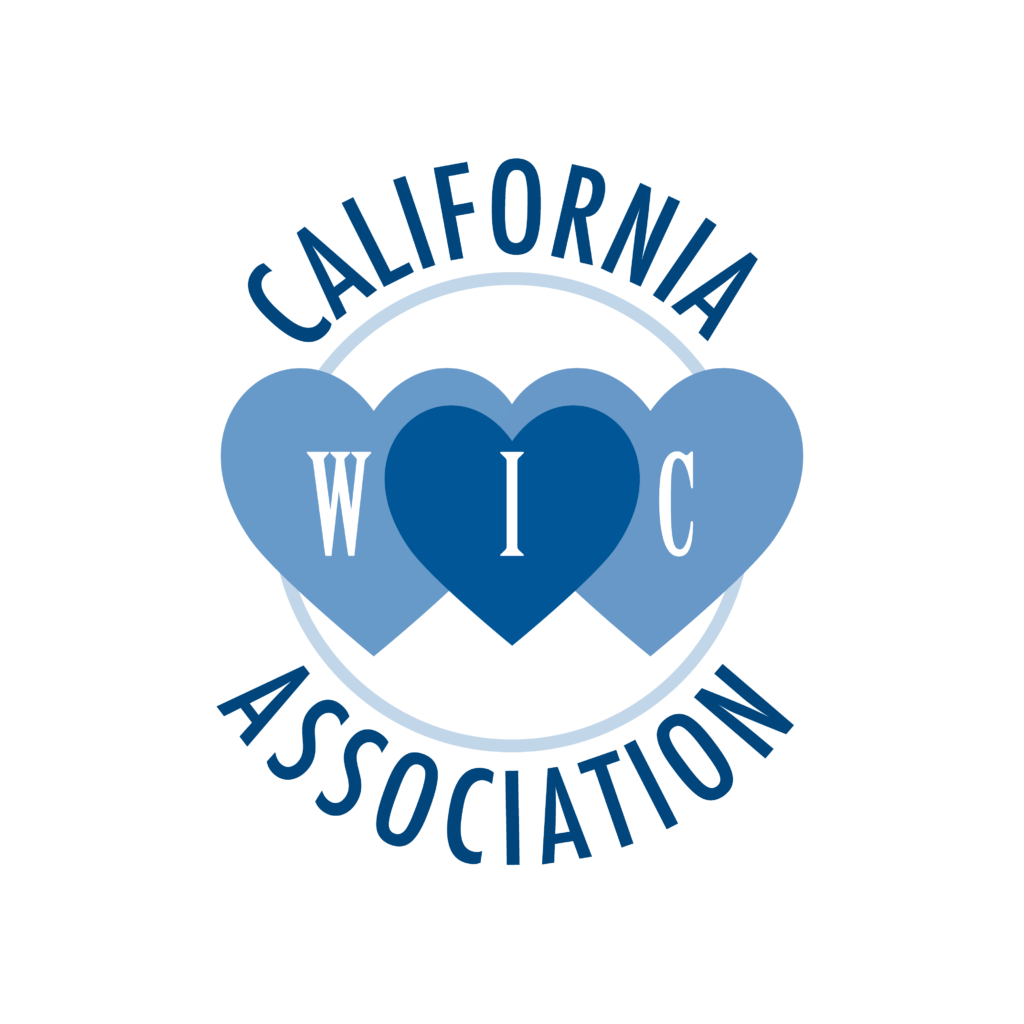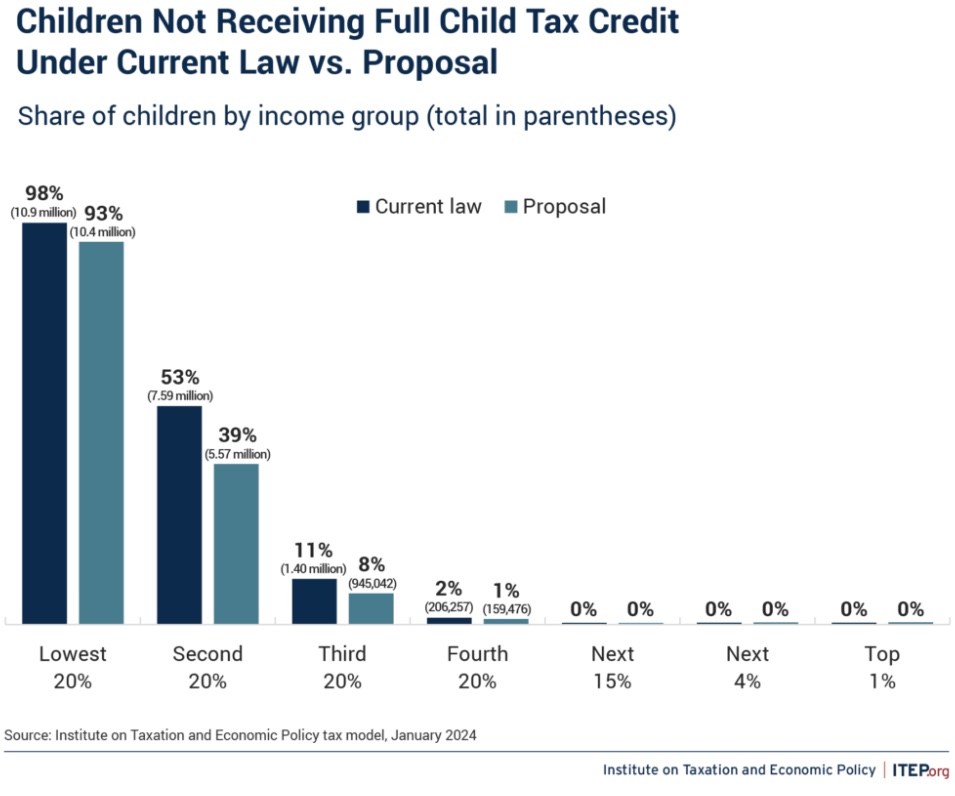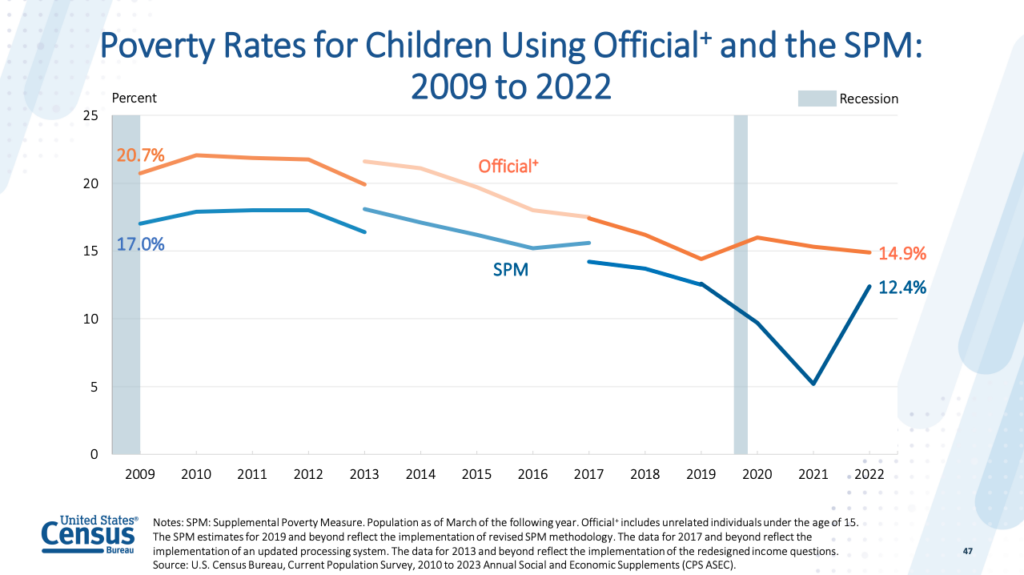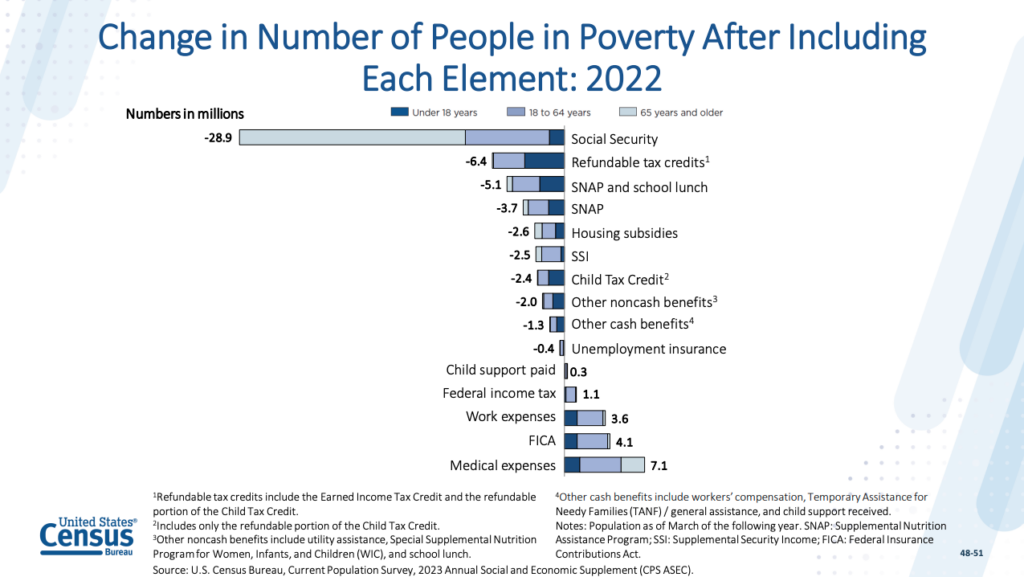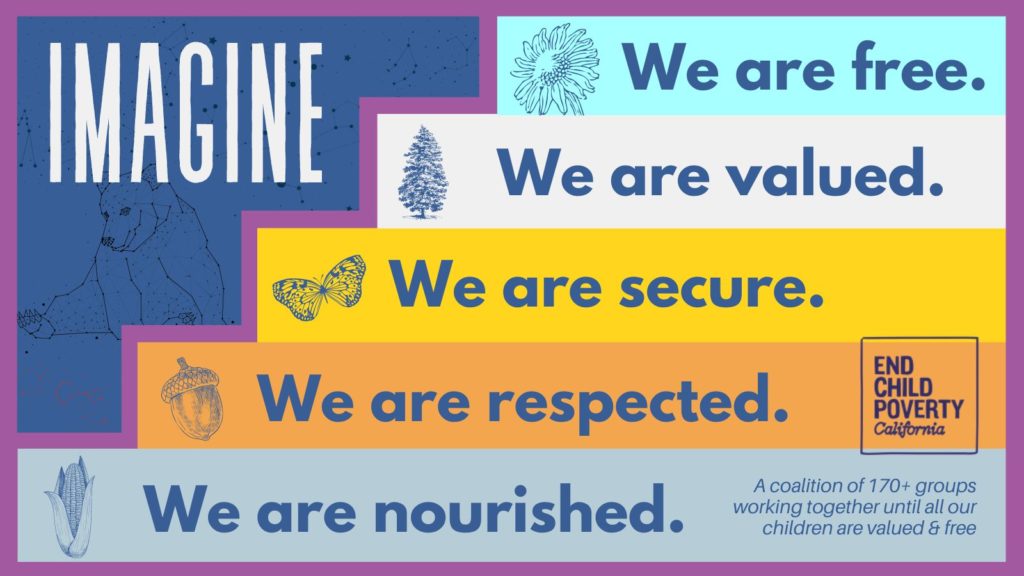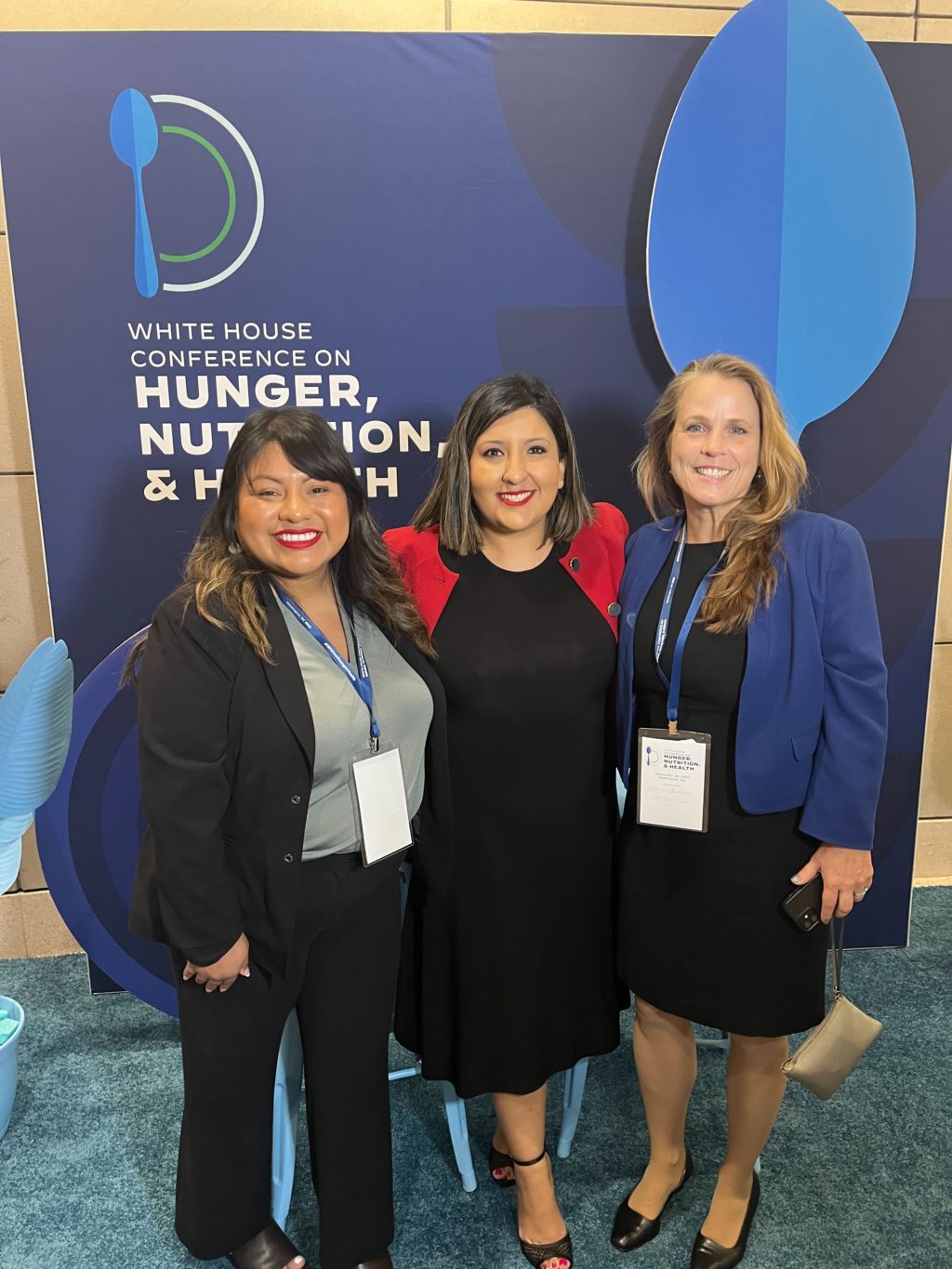RELEASE: Governor and Legislature Must Adopt Final California Budget that Prevents Harm To Children and Families
May 10, 2024, Pasadena, Calif.
“This is the year in which California can and must put our values to the test, prioritizing above all else the most vulnerable children and families. We look forward to working with the Legislature and Governor to achieve a budget with no cuts to children and families experiencing poverty.”
Shimica Gaskins, President & CEO of GRACE & End Child Poverty California
Just two years ago, child poverty was at historic lows through a combination of landmark state and federal actions during the pandemic. Now we see the dramatic, preventable, rise in overall child poverty. With this uptick, we also see deep racial disparities.
Based on our current analysis of today’s May Revision CA Budget summary, we commend the continued progress on previous anti-poverty investments, and the prevented cuts. At the start of his administration, the Governor made ending child poverty his North Star. Actions by the Administration and Legislature over the past several years have proven those values.
However, the May Revise includes significant proposed cuts to the safety net, including to CalWORKs, foster youth support, and immigrant services, as well as delays to food aid and child care.
Positive news in the Governor’s May Revise:
- Reaching CalWORKs grant levels that are at least 50% of the federal poverty levels for all families, which helps lift families out of deep poverty
- Launching “SUN Bucks” summer EBT food support. SUN Bucks are the first new federal entitlement in a generation. This builds on and sustains California’s path-breaking school-meals-for-all and anti-poverty tax credits.
Proposed Eliminations Include at Least:
- CalWORKs:
- $47.1M ongoing cut to the Home Visiting Program (45%).
- $126.6M permanent elimination of Mental Health and Substance Abuse Services funding.
- $272M one-time cut to the Single Allocation.
- Including January proposed $1.2 billion double-cut to CalWORKs and the Safety Net Reserve, this is at least some $1.75 billion in cuts to CalWORKs
- $94.7M eliminating the In-Home Supportive Services undocumented expansion for all ages.
Proposed Delays Include at Least:
- Implementation of Food for All for elderly undocumented seniors under the California Food Assistance Program is now scheduled to begin automation in 2026-27, with benefits set to start in 2027-28. This marks a 2-year delay from its original October 2025 date.
- Indefinitely halts and conditions on future revenues the promised expansion of over 200,000 child care slots, limiting the expansion to 119,000 slots.
2022 Trigger Investments not in the May Revise Include:
- Continuous Medi-Cal Coverage for Children Aged 0 through 4.
- Child Support Pass-Through to Currently Assisted CalWORKs Families.
We know that fiscally, cuts to the safety net are proven to backfire by pushing children into deeper poverty.
It’s our job to understand what the numbers on the ledger mean. For families facing poverty, these programs are a lifeline. Often they are all that stand between homelessness, family separation, deportation, and irreparable harm to our children from toxic deep poverty.
“This may not be the year to create new programs and close loopholes in our safety net, which is disappointing given the high levels of child poverty across California,” said GRACE & End Child Poverty CA CEO Shimica Gaskins.
However, we cannot repeat the failed austerity cuts of the Great Recession. Those cuts proved that if safety net cuts are made, it will be years – if not a decade – to regain ground. We fought hard to get where we are today in 2024. We cannot go back.
We know that the Governor and Legislature have shared values to lift children out of poverty. We will fight against these cuts and stand ready to provide solutions to prevent irreversible harm.

In addition, we support ongoing commitments made to our workforce, and underscore that increases to minimum wages are among the best tools for families to exit poverty, and will protect some communities from some cuts proposed in this budget.
We also stand with the Governor, legislative leaders, mayors, county boards of supervisors and over 550 organizations in opposing the draconian California Business Round Table (CBRT) Taxpayer Deception Act Ballot Proposal. If enacted, it will immediately and permanently worsen this problem while pushing many solutions out of reach.
